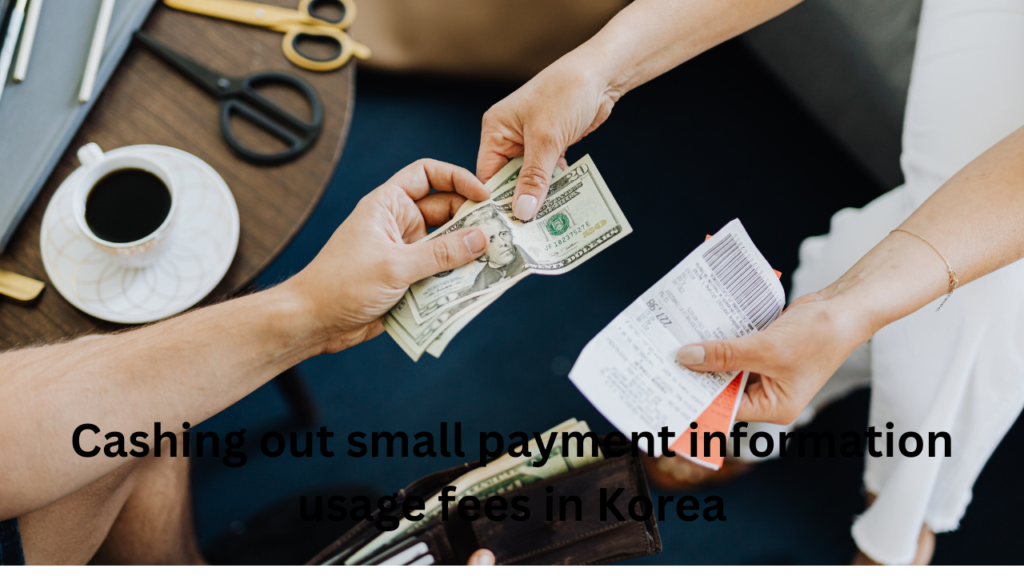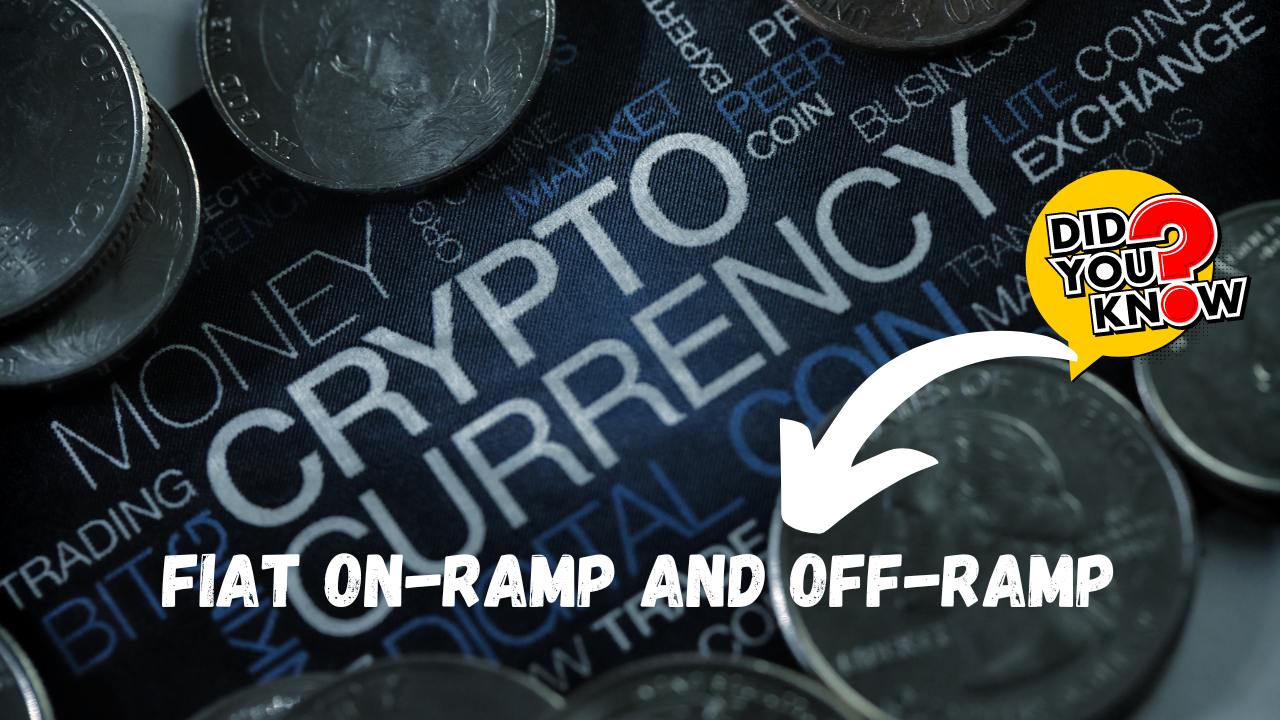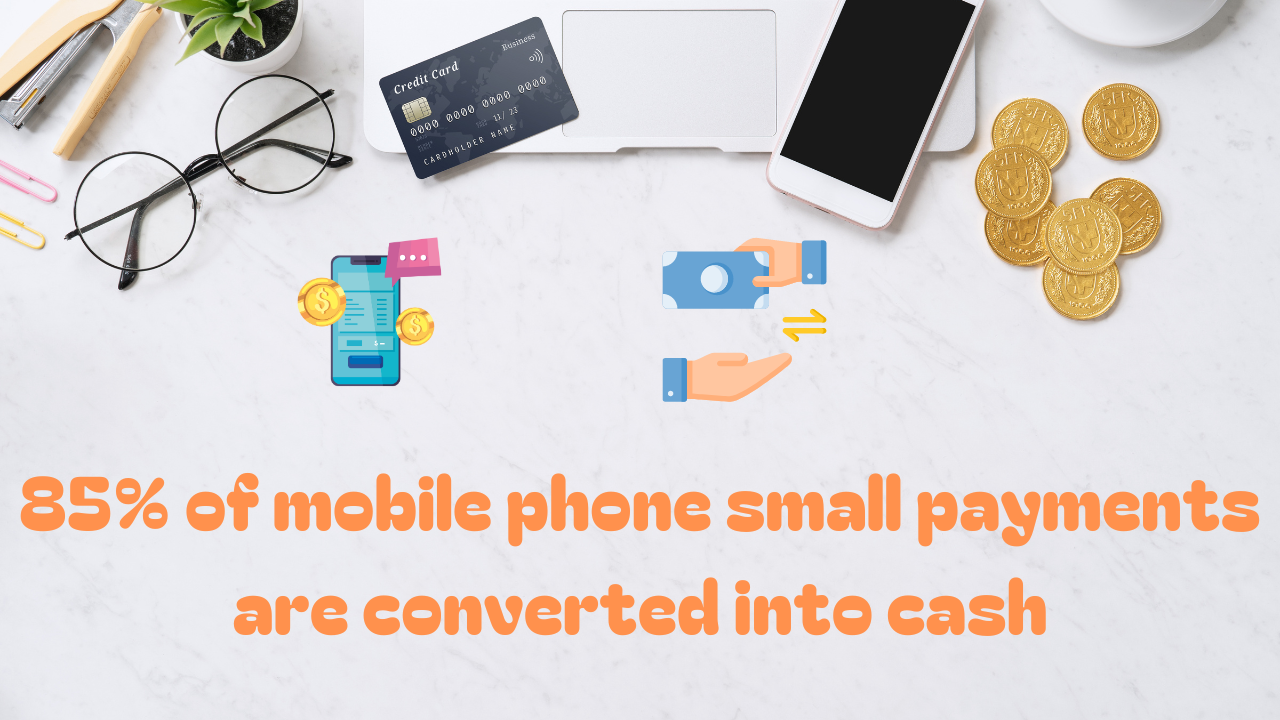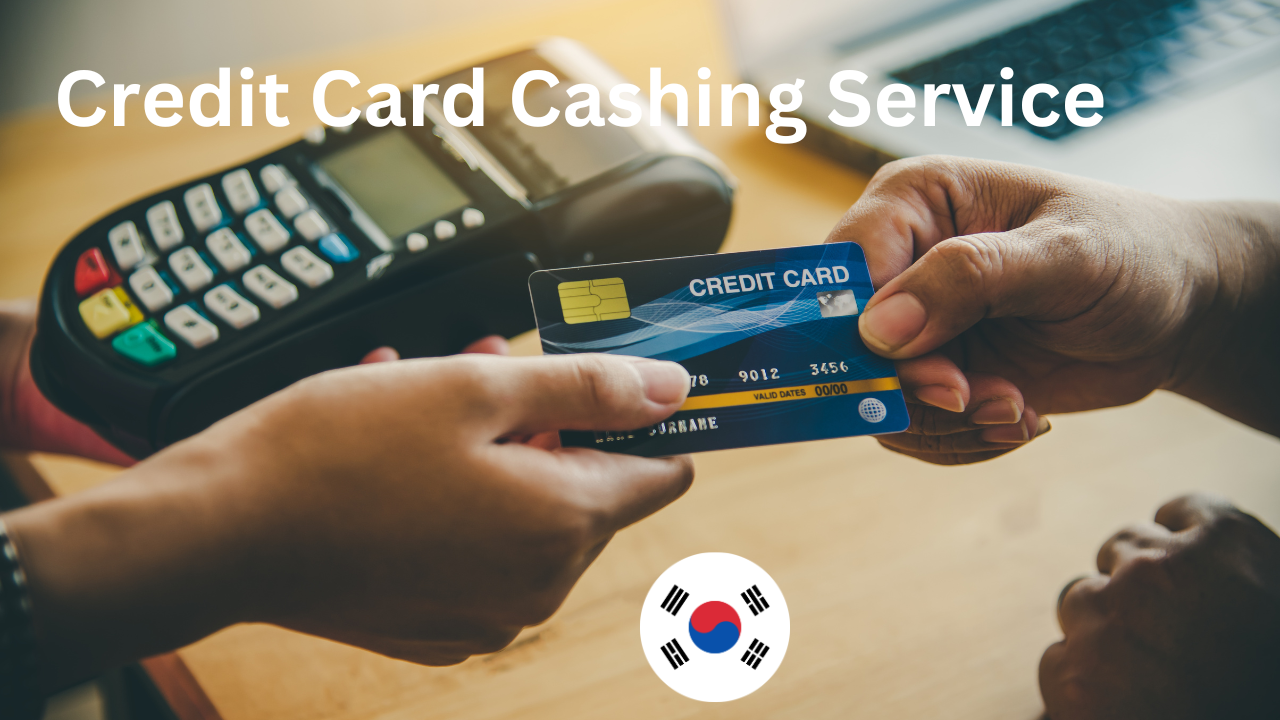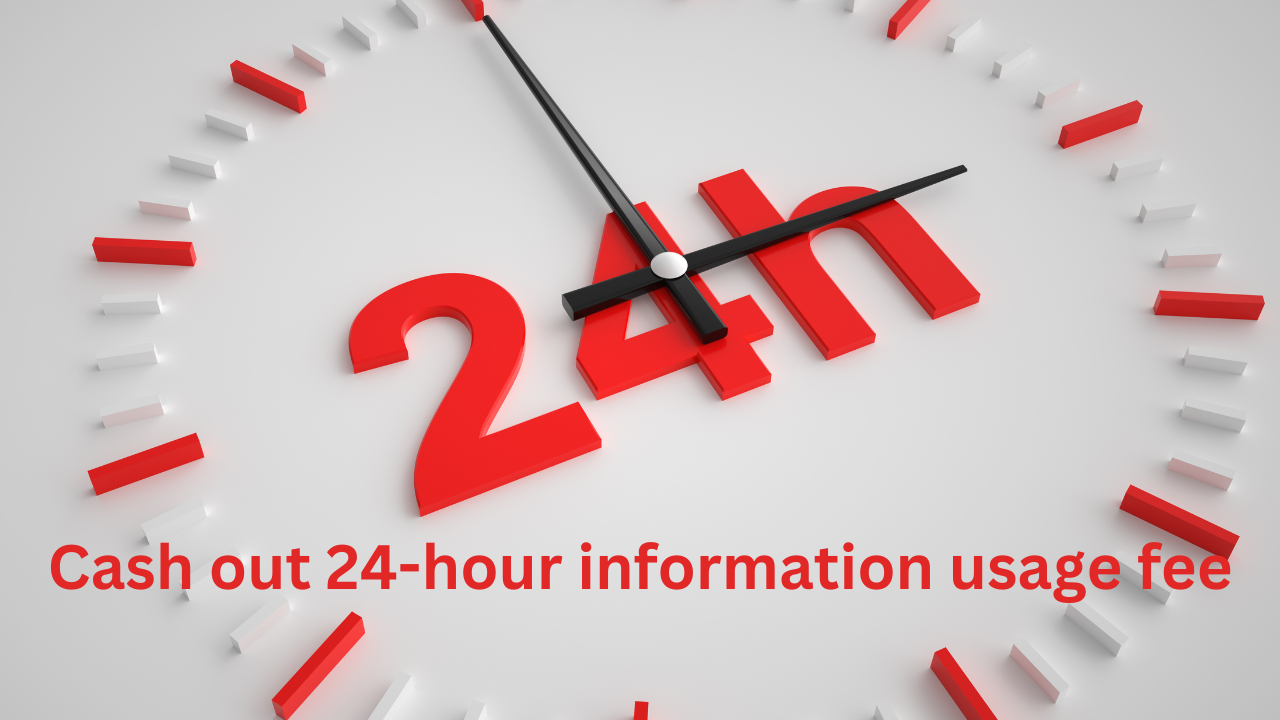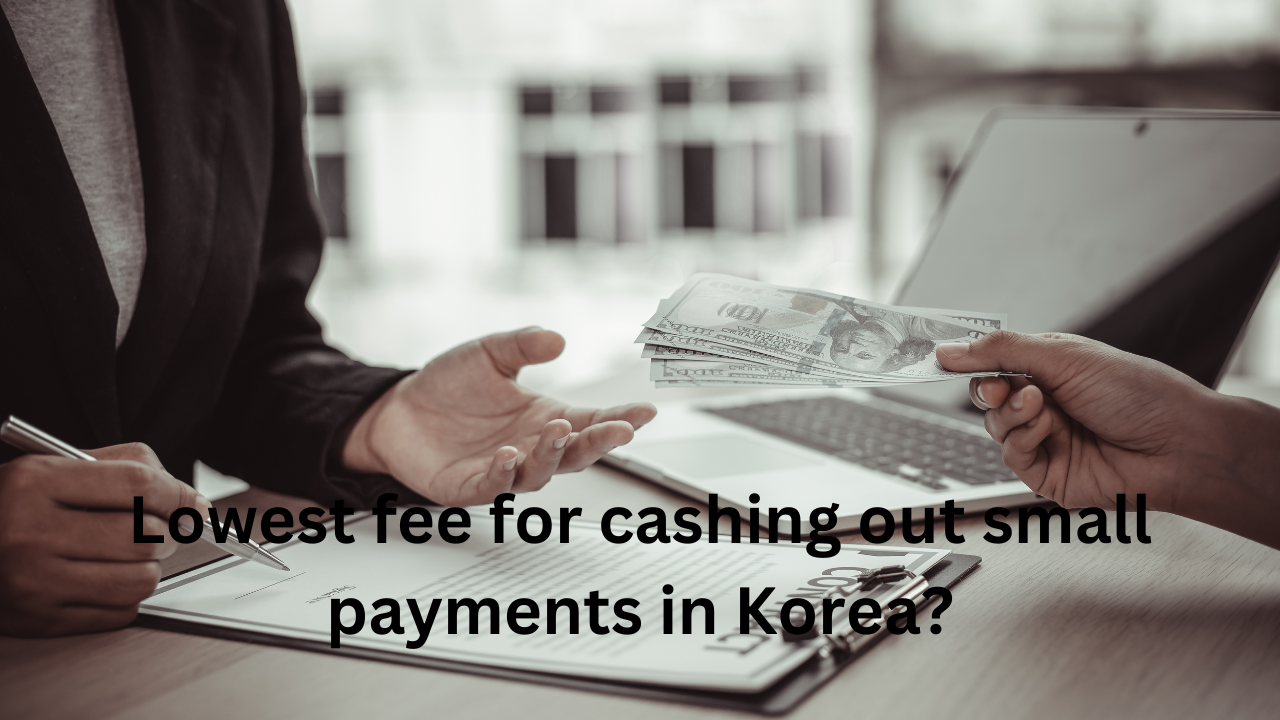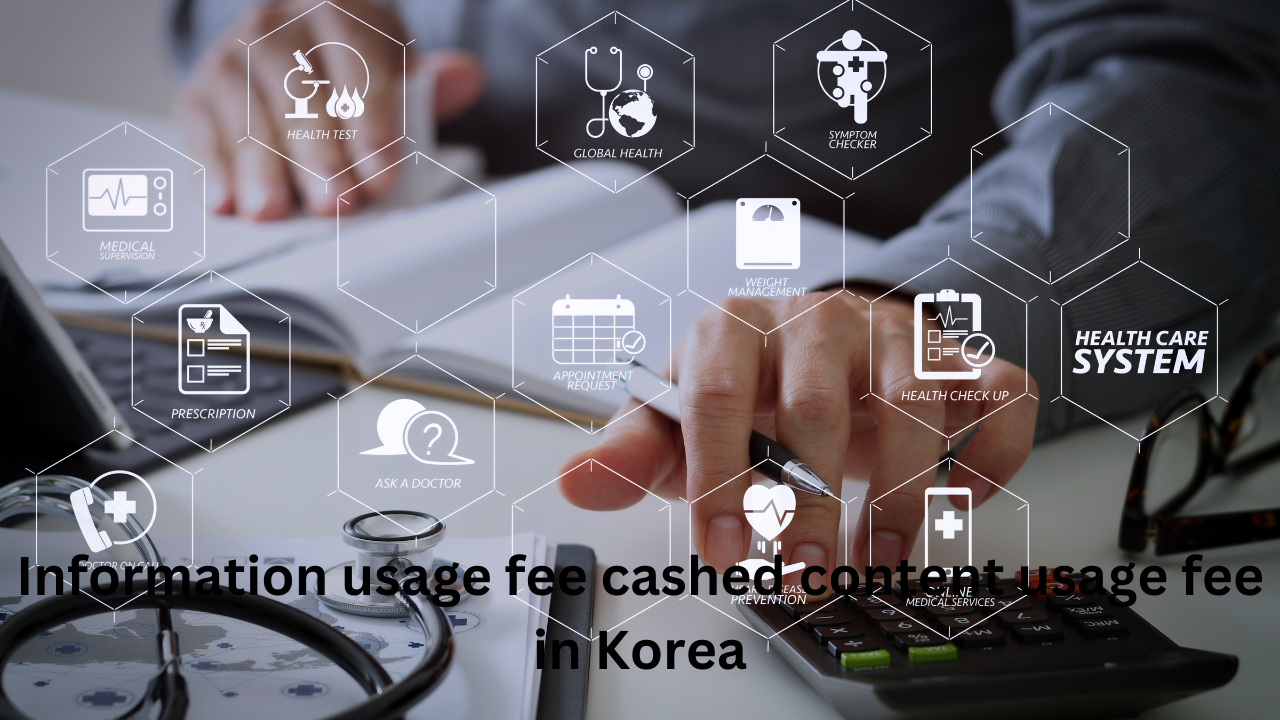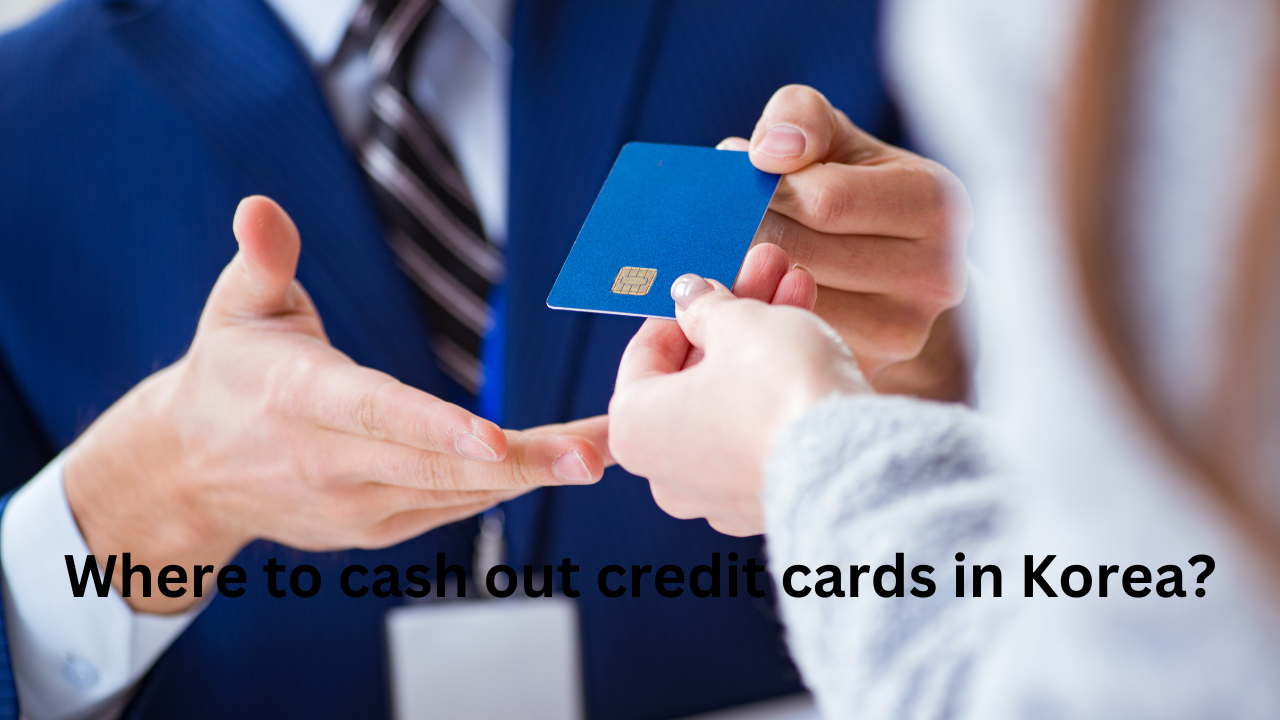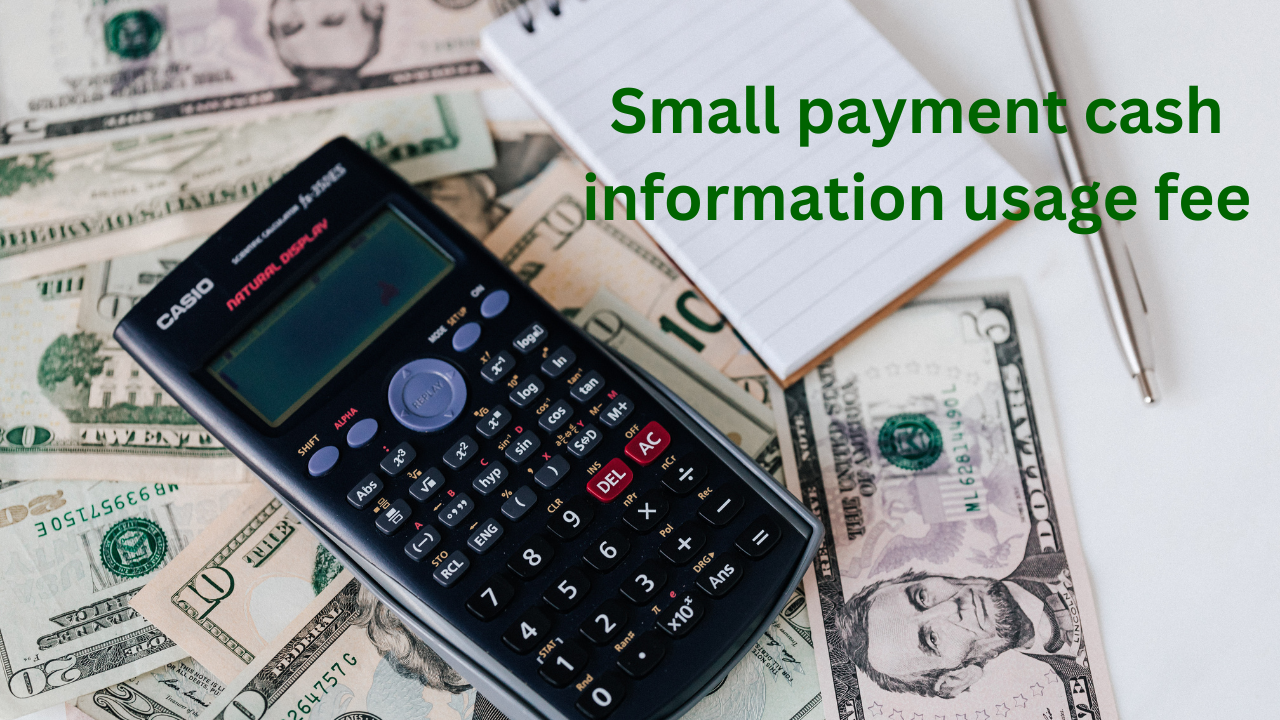Many countries have cashing out small payment information usage fees. In Korea, some small payments have fees. These are payments of a smaller amount of money. The government of Korea started small payment fees some years ago. They did this to make money from lots of small payments. When people pay for small things, like coffee or snacks, the shops add a small extra fee. The shops send this money to the government.
The government uses this small payment fee money in different ways. One reason for the fees is to help pay for better payment systems. These systems let people pay for small things with cards or phones. The fees also make money for the government from all the small payments people make every day.
What Transactions Are Subject to Fees?
In Korea, small payments of less than 3,000 won have fees added. This includes buying snacks, drinks, tickets, or using cafes. Public transport payments under 3,000 won also have fees. Anytime someone buys something small, the shop adds a small extra cost to pay to the government.
Fee Structure and Rates
For payments under 1,000 won, the fee is 10 won. Payments between 1,000 and 2,000 won have a 20-won fee. Anything from 2,000 to 3,000 won is charged a 50 won fee. So the costs are small, but the government gets the fees from many people who make small payments every day.
Why Fees Were Implemented?
The Korean government started collecting the small cashing out small payment information usage fees many years ago. They wanted to earn money from all the small payments happening daily. The money also funds better card and mobile payment systems. These systems let people pay small amounts without worrying about cash. The goal was to improve daily payments and also make funds from many citizens’ regular small transactions.
Revenue Generation and Distribution
Korea collects a lot of money each year from the small cashing out small payment information usage fees. Most of the funds go towards updating payment machines and systems. This helps shops and stores accept easy card and phone payments. Some money goes to public transport and other transportation options. The government uses the funds to improve payment options people use every day.
Consumer Impact and Perspectives
For customers, the small fees are usually relatively straightforward. But some people think the fees are annoying. The fees affect people buying single drinks or tickets. Some consumers wish there were no fees for petite purchases. However, many citizens understand the fees help build better infrastructure for regular cashing out small payment information usage fees.
Alternative Payment Methods
There are some ways to avoid the small payment fees. You can pay cash for purchases under 3,000 won instead of using a card. Some shopping apps also let you pay without fees for small orders. Linking a transit card to your phone allows fee-free payments for public transportation. So there are options if you don’t want to pay the small cashing out small payment information usage fees on very tiny transactions.
Final Thoughts: Cashing out small payment information usage fees
We have learned about Korea’s system of small payment fees, which is called 소액결제 정보이용료 현금화. The government collects these fees from daily purchases under 3,000 won. Most citizens understand why Korea started charging small fees years ago. The funds help build better digital payment options that everyone enjoys using.
While some customers find the fees annoying for tiny items, there are also fee-free ways to pay if preferred. The small payment fee system generates revenue that improves Korea’s payment infrastructure and transports people to use it every day. The fees show how governments can earn from citizens’ regular micro-transactions to benefit payment technologies for all.


